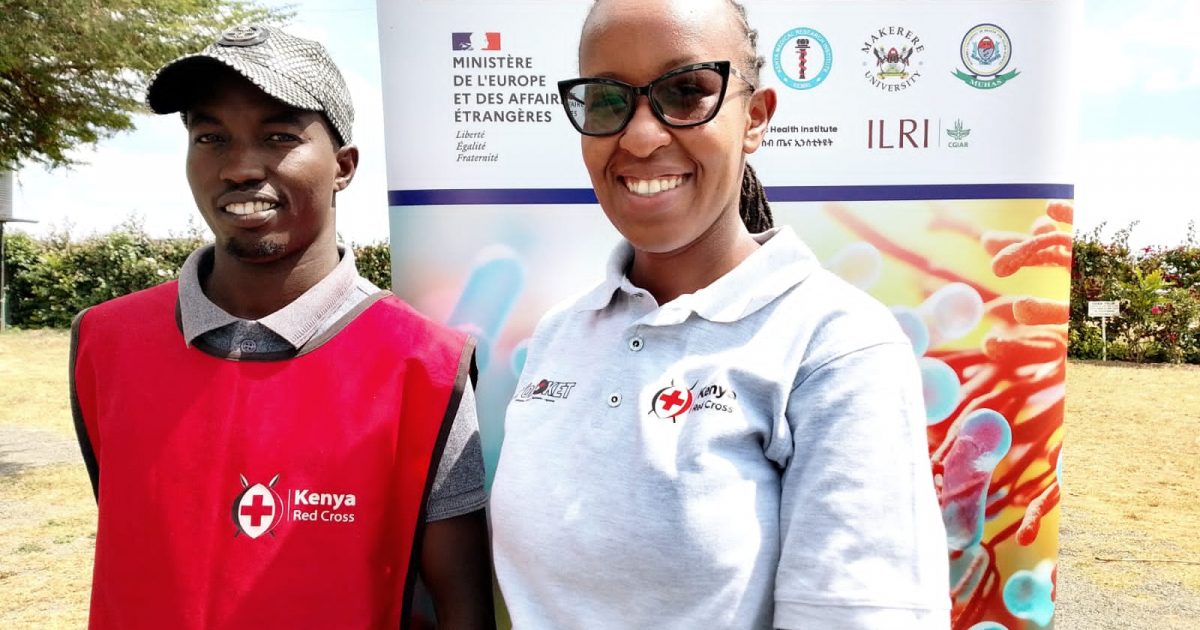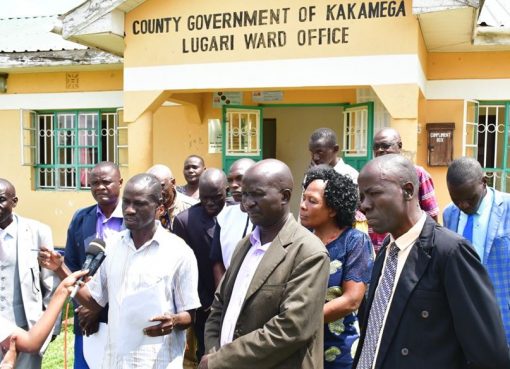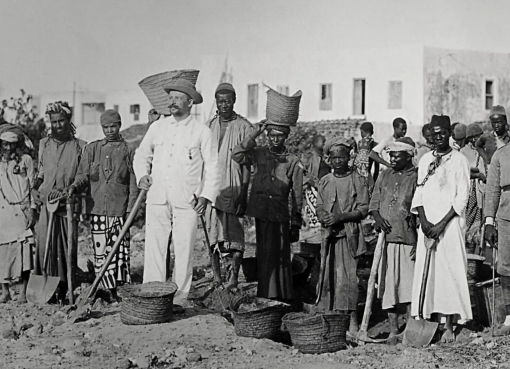Kenya Red Cross Society has trained journalists drawn from several media houses in Kajiado on Antimicrobial Resistance (AMR).
According to Dr. Purity Kwamboka from Red Cross, the training was essential for the journalists so that they can create awareness as many people in the grassroots are not aware of antimicrobial resistance.
Dr. Kwamboka noted that despite the high prevalence of AMR, there is limited awareness and understanding of the consequences among the public and this necessitated them to put several strategies in place to create awareness including using the media for advocacy.
“In around 570 households we visited in Kajiado Central Sub County, we found out that 60% of the households did not know what AMR is. We would therefore like to involve the media so that everyone is aware of AMR so as to curb it as a public health issue,” she said.
Dr. Kwamboka emphasized that though AMR is a global crisis that affects human, plant and animal health it is 100 percent preventable, thus the need to create awareness.
The chairperson of the Kajiado Media Association Peterson Githaiga commended Kenya Red Cross for engaging the media, as it was a powerful tool in disseminating information and creating awareness.
Meanwhile, the association’s secretary Victor Juma said that they have learnt a lot regarding AMR and they will pass the right information to the public so that lives can be saved.
Antimicrobial Resistance (AMR) occurs when an antimicrobial/antibiotic is not able to deal with an infection that it previously used to treat.
This mostly occurs when the antibiotics are misused by using them to treat viral infections, not completing the dose prescribed by the doctor, unnecessary use and sharing them with others.
Other drivers of AMR are increased movement of people and goods, which allows resistant organisms to spread more easily across borders and poor sanitation and hygiene.
AMR can also be caused by farmers who often use antibiotics to promote growth and prevent diseases in healthy livestock. This can lead to resistant strains that can be transferred to humans.
With AMR, infections become harder to treat, medical procedures become risky, illnesses last longer, healthcare costs increase and livelihoods are threatened.
According to the World Health Organization (WHO), without effective sensitization on proper hygiene, sanitation and infection prevention and control at least 10 million lives will be lost globally by 2050 through AMR.
By Diana Meneto





